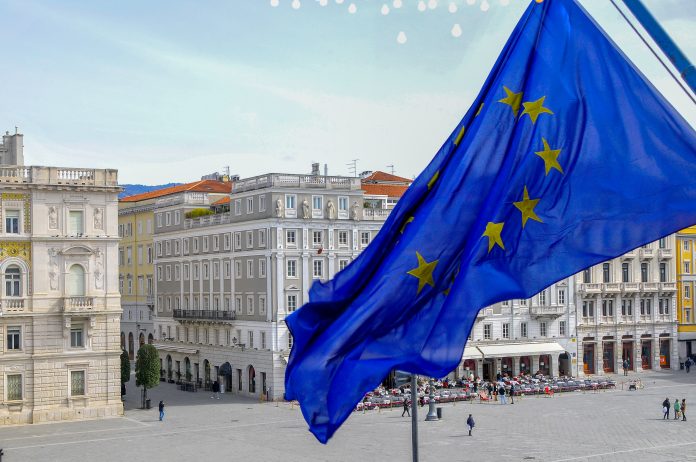by InTrieste
As Italy prepares for the upcoming European Parliament elections on June 8 and 9, the nation’s leading political parties have presented their platforms, offering starkly different approaches to immigration, a pivotal issue that has deeply divided the electorate.
The elections, which will determine Italy’s 76 representatives in the European Parliament, come at a time of heightened scrutiny over the European Union’s handling of migration. The parties’ proposals reflect a broad spectrum of ideologies and policy prescriptions, from stringent border controls to humanitarian initiatives aimed at protecting the rights of migrants.
Fratelli d’Italia (Brothers of Italy), a right-wing party, has emphasized the need for strict measures to curb illegal immigration. Their program includes promoting cooperation agreements with third countries to manage asylum applications and detentions for repatriations on-site. They also advocate for bolstering the roles of EU agencies like Frontex and Europol to enhance border security and combat human trafficking. The party’s proposals also address the root causes of migration through the Mattei Plan for Africa, aiming to support development in migrants’ countries of origin.
In contrast, the Partito Democratico (Democratic Party), on the center-left, calls for a more compassionate and cooperative European approach. They seek to overhaul the EU’s existing migration framework, including the controversial Dublin agreements, and oppose externalization agreements that they argue violate human rights. The party supports a European rescue mission in the Mediterranean and the establishment of legal and safe entry routes for refugees fleeing crises.
Movimento 5 Stelle (Five Star Movement) offers a blend of practical and humanitarian solutions, proposing expert task forces in safe third countries to process asylum applications. They advocate for an automatic and mandatory relocation system for asylum seekers across Europe, a European search and rescue mission in the Mediterranean, and increased EU resources for international cooperation.
Lega (League), another right-wing faction, underscores the importance of strengthening EU border defenses and consolidating cooperation with countries of origin and transit to stem the flow of illegal migrants. They propose the creation of identification centers in transit countries to process asylum applications and recommend sanctions against human traffickers.
Forza Italia (Forward Italy), a center-right party, champions organized immigration flows respecting fundamental rights, coupled with robust border protection. They advocate for stronger external borders, mandatory relocation mechanisms within the EU, and bilateral agreements with transit countries. Their vision includes a “Marshall Plan for Africa” to foster development and reduce migratory pressures.
The pro-European coalition Stati Uniti d’Europa (United States of Europe), which includes Italia Viva (Italy Alive)and Più Europa (More Europe), emphasizes solidarity and humane treatment of migrants. They propose reforming Frontex, establishing a European migration agency, and launching a new European action plan for Mediterranean search and rescue operations. The coalition seeks to prevent the use of border externalization techniques that they claim undermine fundamental rights.
Azione-Siamo Europei (Action-We Are Europeans) calls for a fairer distribution of asylum seekers across the EU and investments in integration programs. They aim to simplify visa processes for highly qualified immigrants and sectors facing labor shortages, advocating for increased regular immigration quotas.
The Alleanza Verdi-Sinistra (Green-Left Alliance) pushes for profound reforms to the EU’s migration and asylum policies, emphasizing humanity, solidarity, and shared responsibility. They advocate for recognizing climate refugees, opposing border militarization, and enhancing inclusion policies at the local level. They call for an EU strategy for climate justice to address migration induced by environmental crises.
The Pace Terra Dignità (Peace Earth Dignity) party highlights the need for addressing the root causes of migration, such as debt and exploitation in developing countries. They propose comprehensive investment plans and stress the importance of legal and human rights in reception policies, advocating for the closure of detention centers.
Finally, Libertà (Liberty) asserts that Italy must not be left alone in managing migratory flows, emphasizing the shared responsibility of Europe in addressing this pressing issue.
As Italians head to the polls, the contrasting visions on immigration presented by the country’s political parties underscore the complexity and urgency of forging a cohesive European response to migration challenges.
Here you can find the complete texts of all the programs, and here you can find all the articles and fact-checking published by the Italian news outlet Pagella Politica on the European elections.





























